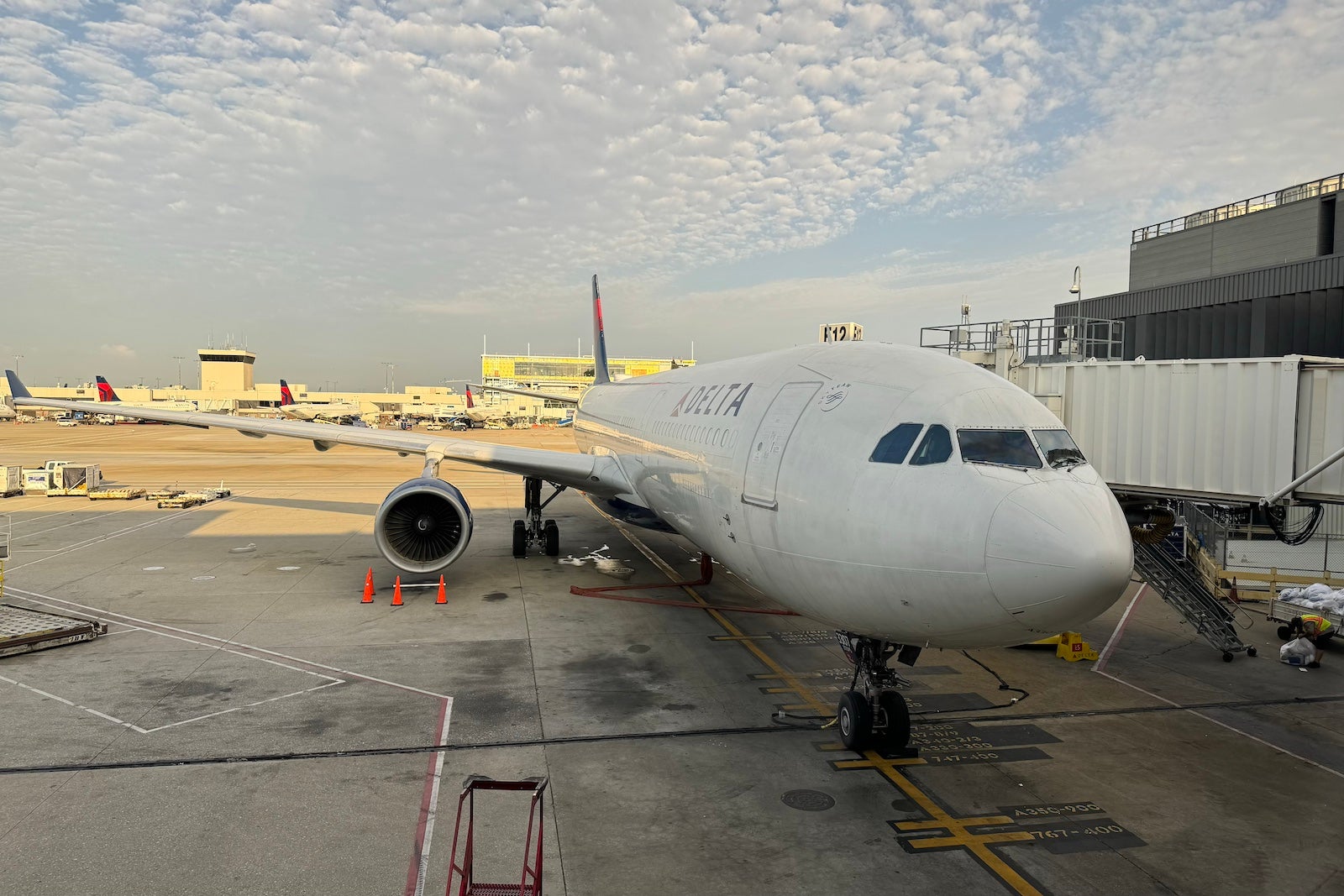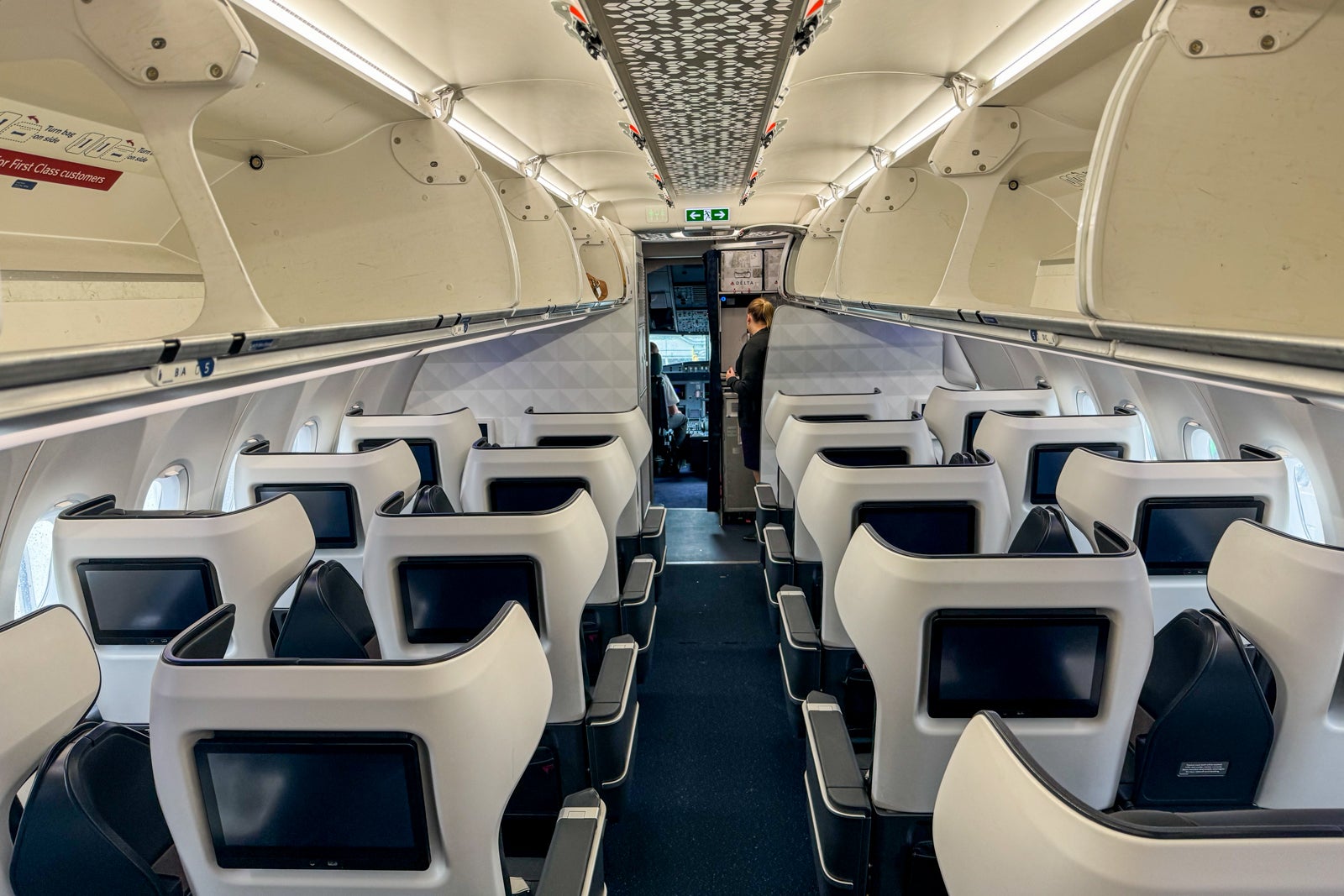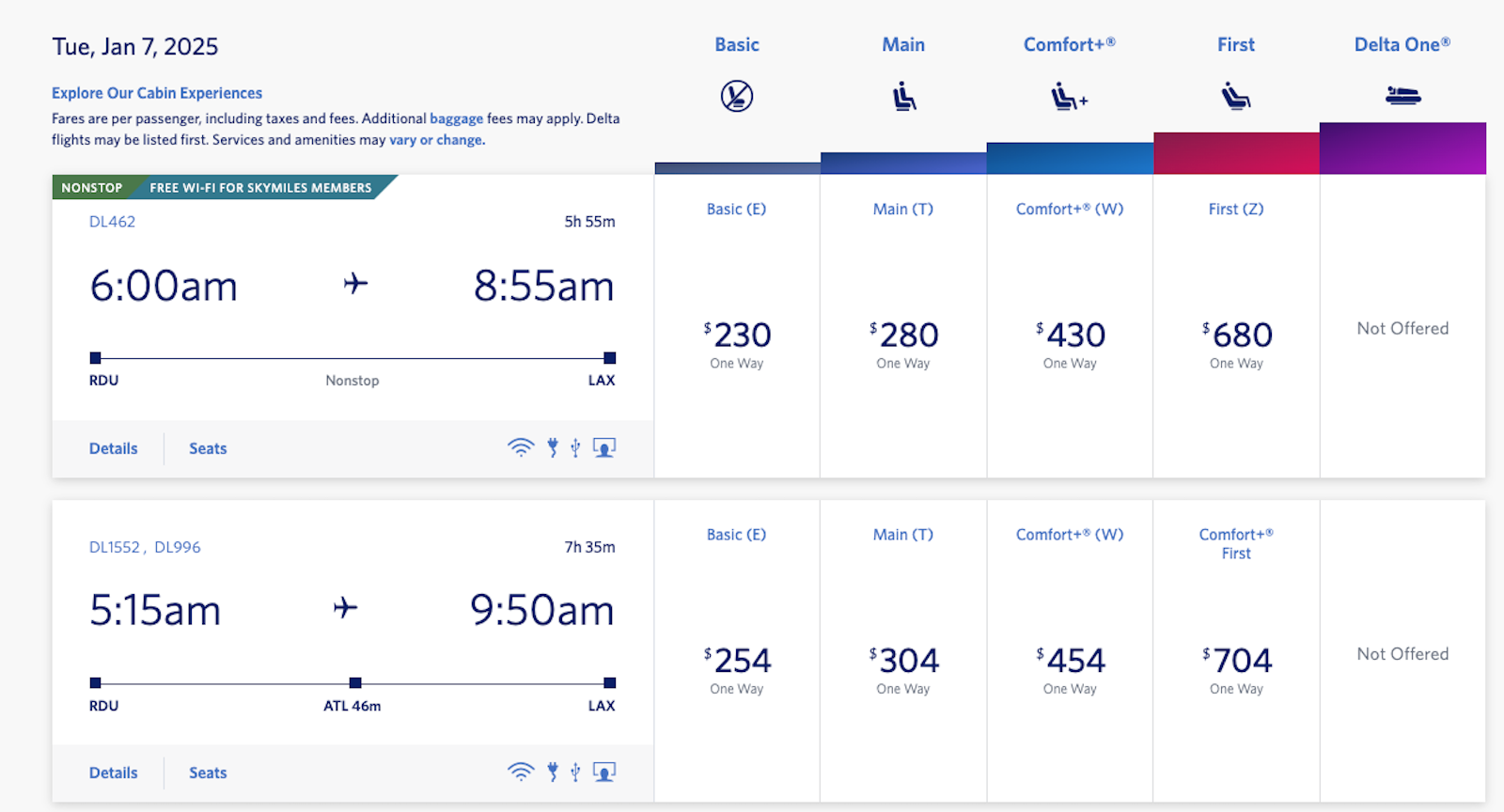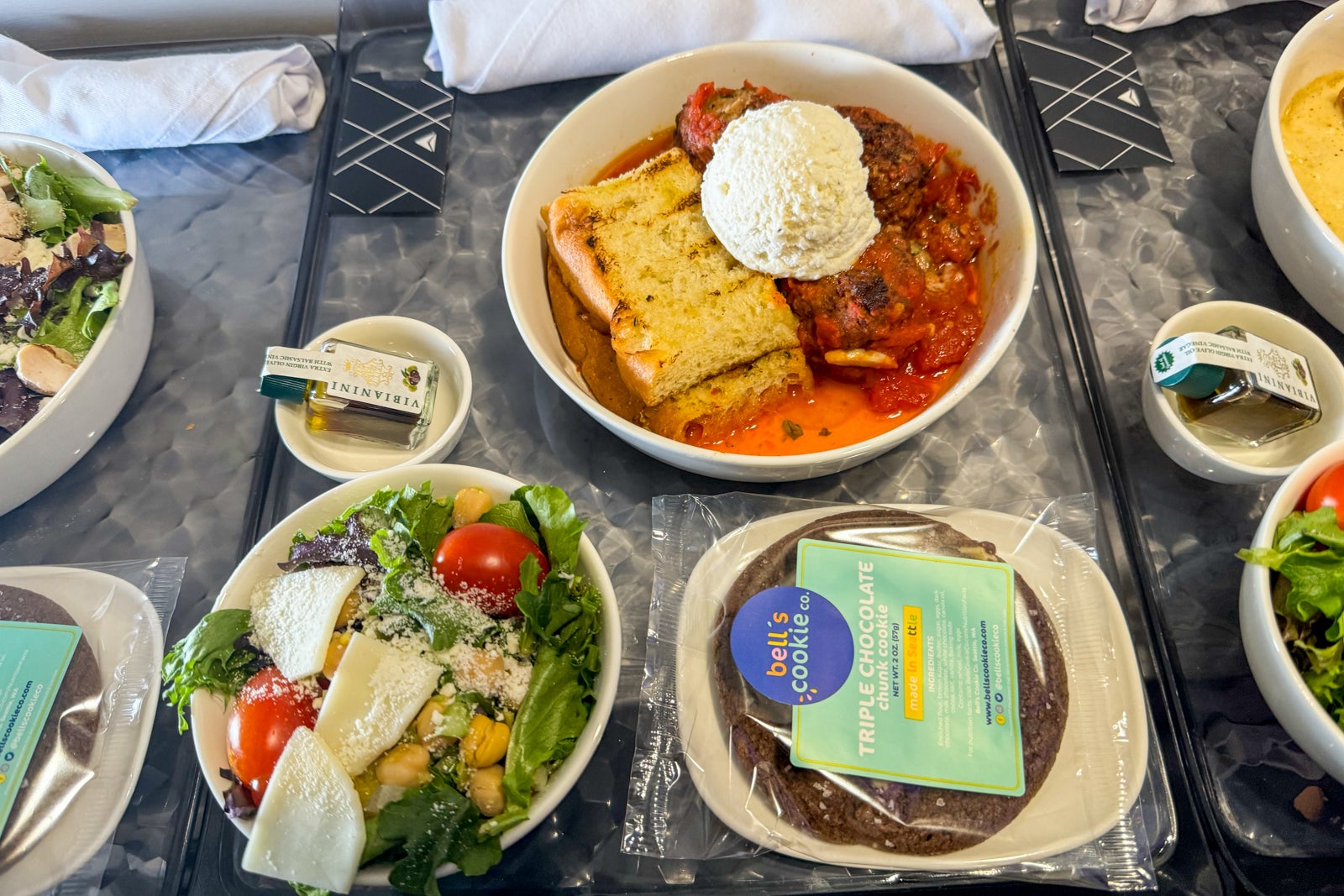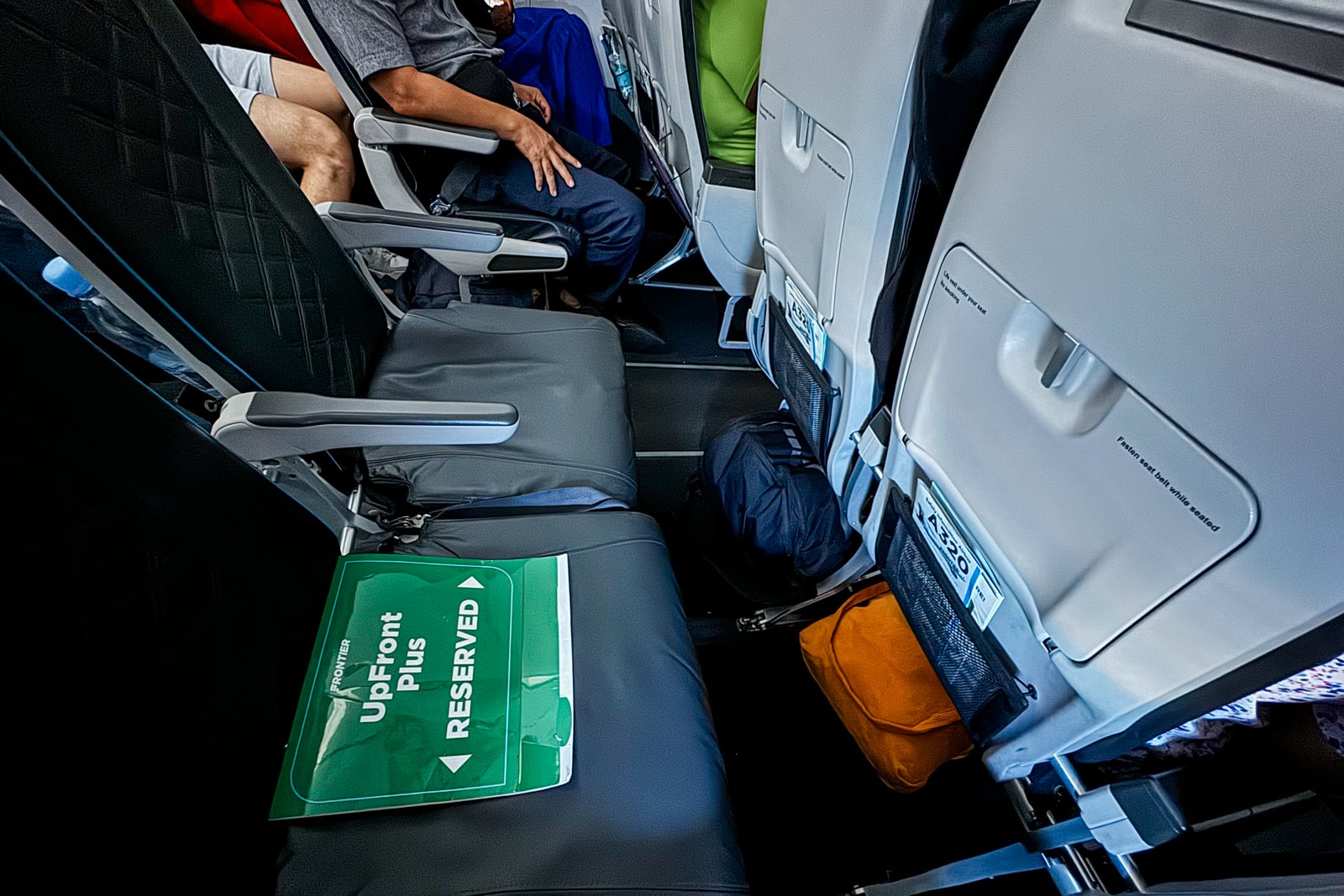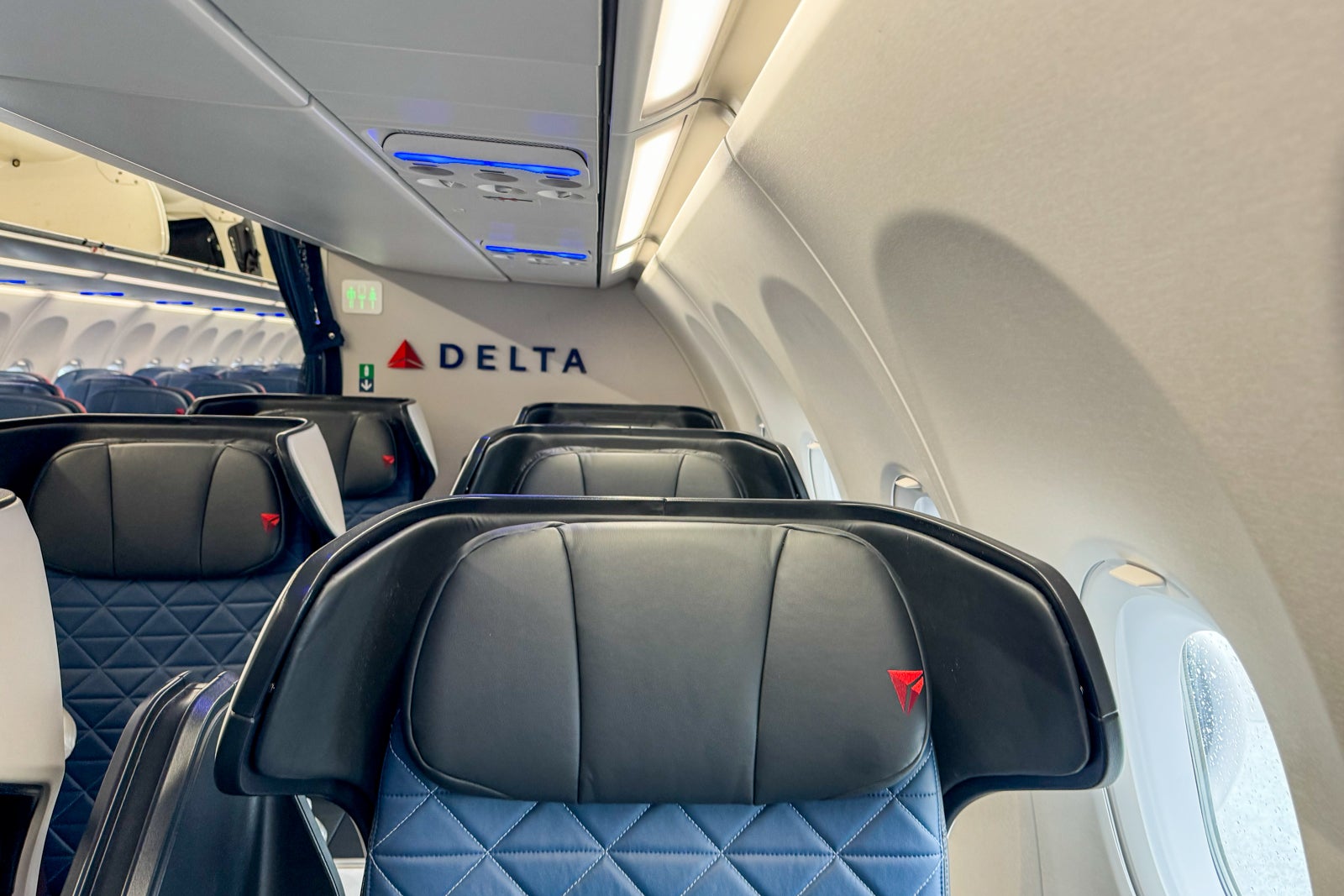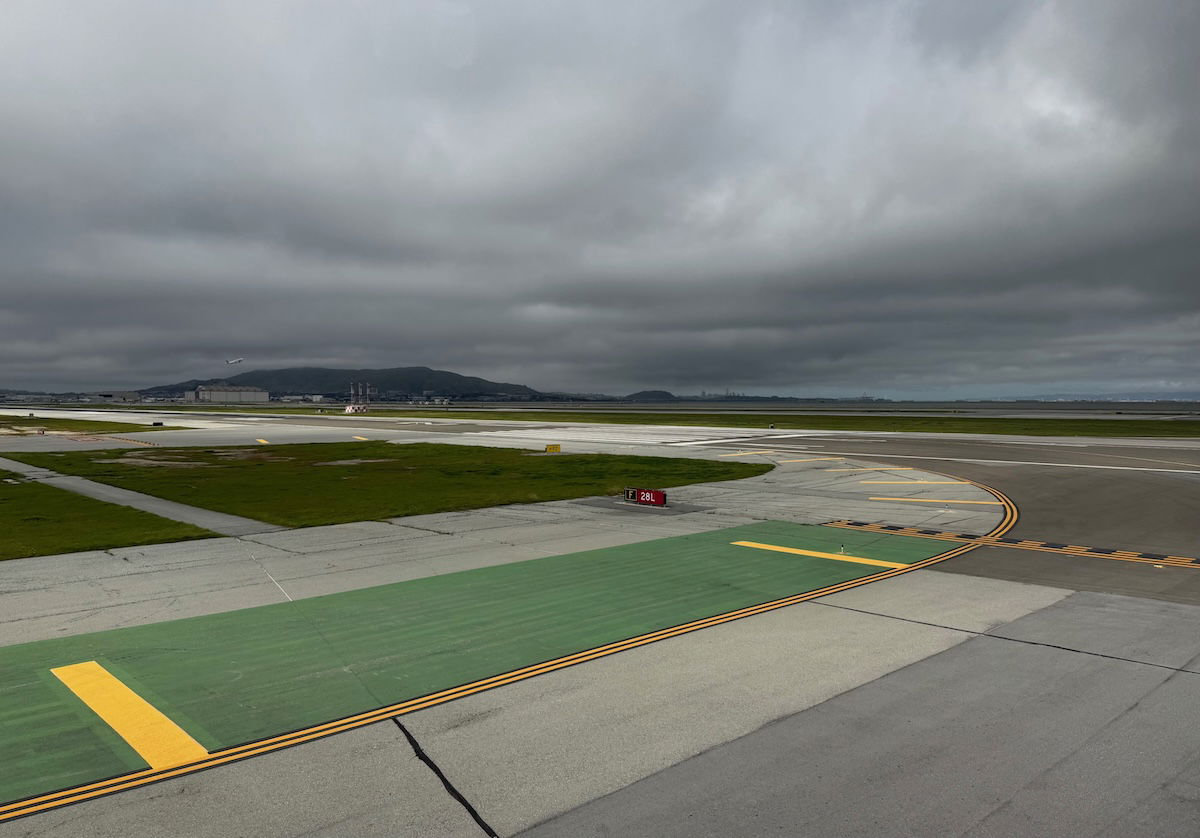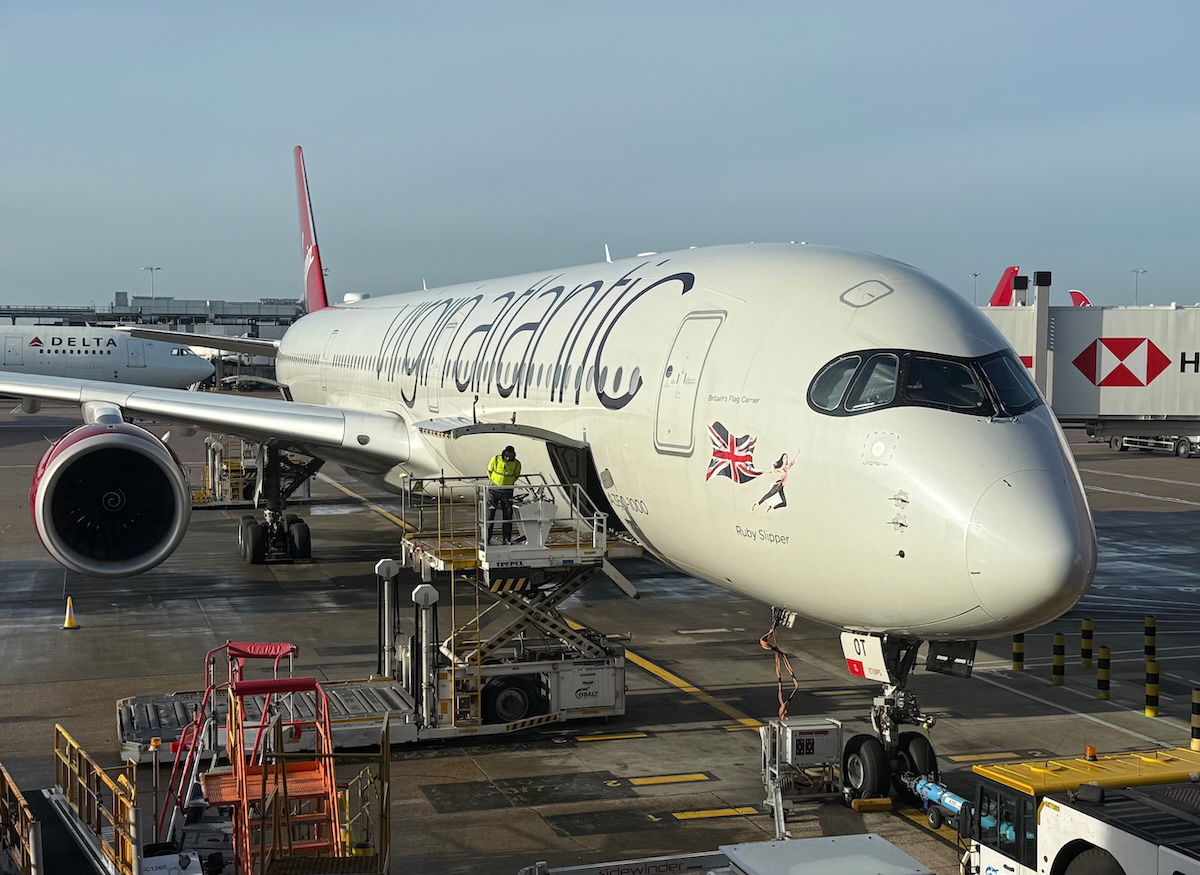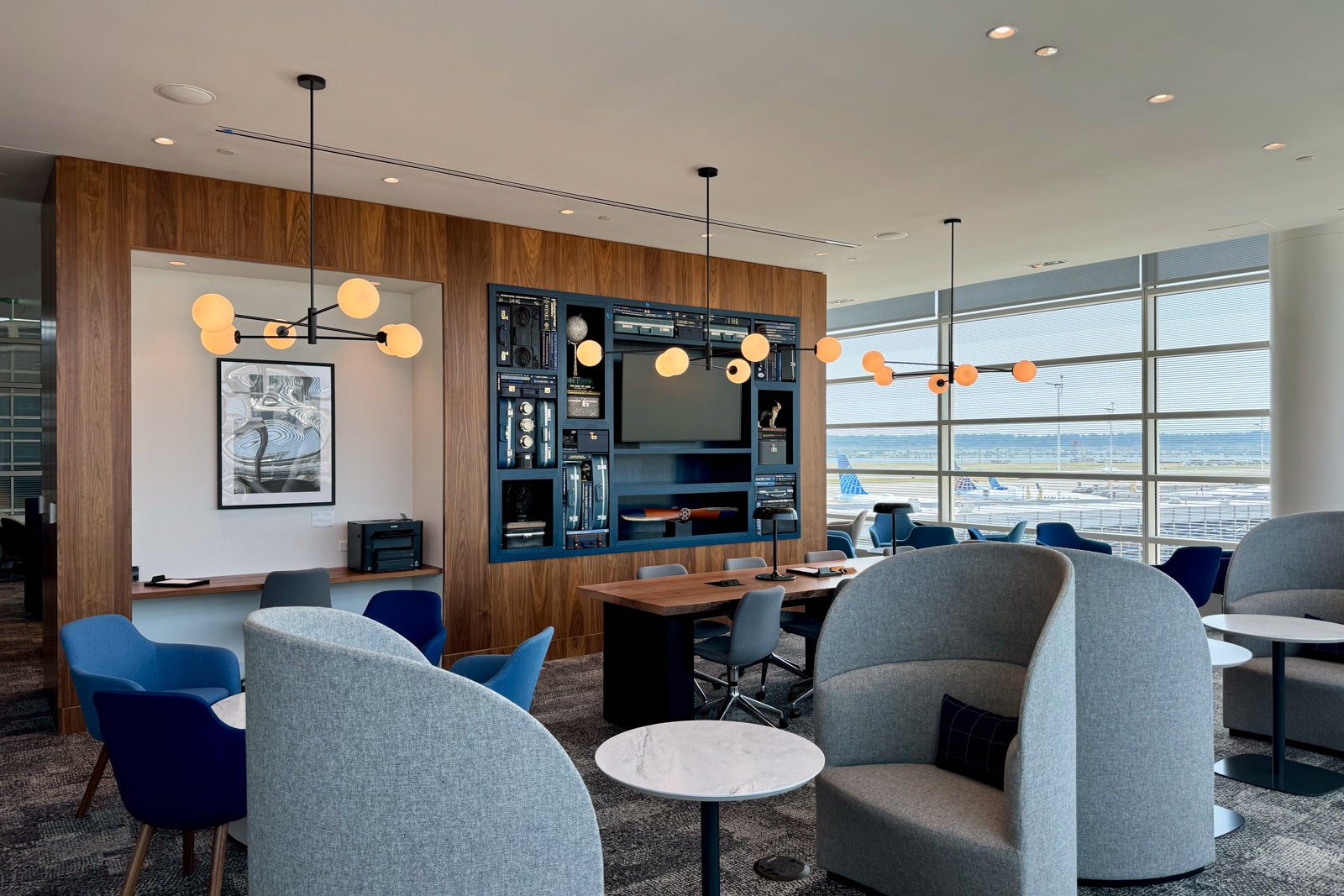Is it getting tougher to get upgraded? Delta shares head-turning statistic
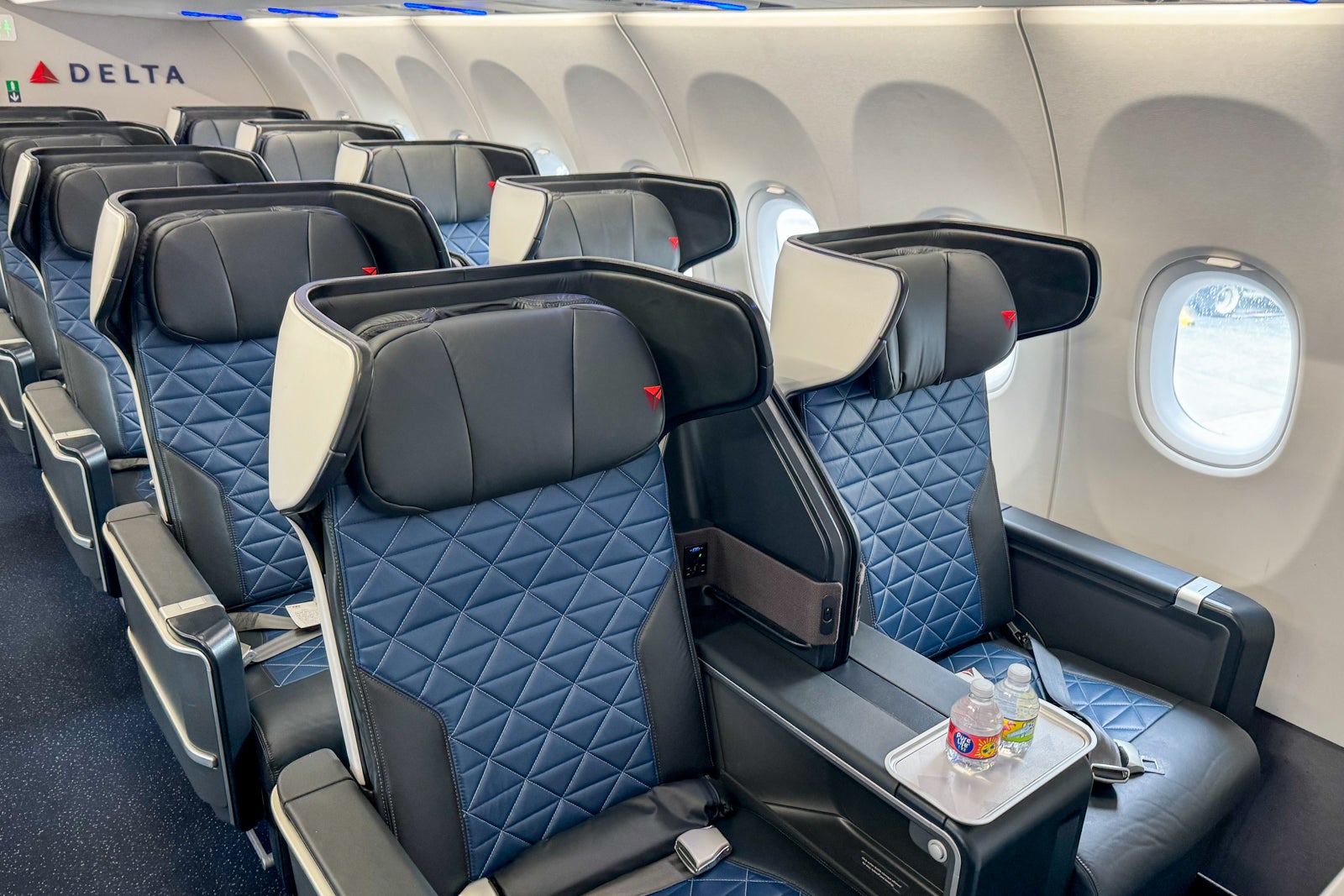
Have you ever discovered that elite standing upgrades are tougher to return by? There is a good purpose.
Delta Air Strains just lately revealed a head-turning statistic: 15 years in the past, simply 12% of passengers sitting in its home first-class cabin really paid for his or her ticket, executives shared.
Immediately, it is a very totally different story: Round 75% of first-class passengers pay for his or her ticket outright, leaving a much smaller pool of seats open for passengers fortunate sufficient to attain an improve.
Worth verify: Are airline bank cards price it anymore?
Certain, a Delta government or investor celebrates this development. It means droves of shoppers are paying for the high-dollar seats — a shift that is developed the entrance cabin’s status from a money-loser to a revenue engine.
“The largest loss leaders on the airplane in 2010, and earlier than, have been the premium merchandise,” Delta president Glen Hauenstein recalled, talking on the corporate’s Nov. 20 investor day.
“We did not promote them,” Hauenstein mentioned. “We gave them away.”
After all, by “giving them away,” Hauenstein largely meant free upgrades for elite standing members.
Suffice it to say, these upgrades used to return simpler than they do these days — a reality identified all too effectively by Medallion members who typically discover vital firm on the improve precedence listing.

Day by day Publication
Reward your inbox with the TPG Day by day e-newsletter
Be a part of over 700,000 readers for breaking information, in-depth guides and unique offers from TPG’s consultants
Premium curiosity widespread
To Hauenstein’s level, although, the provider has, more and more, discovered improved luck merely promoting its premium seats.
A giant purpose is that Delta has narrowed the hole between the value tag for its coach and first-class seats, Hauenstein mentioned. In 2010, he famous, a Delta first-class seat was roughly 13 occasions the value of a coach seat.
Immediately, it varies from one flight to a different, however the hole is loads nearer. For example, Delta First is available in at roughly 2 1/2 occasions the price of a primary cabin ticket on these January transcontinental itineraries from Raleigh-Durham Worldwide Airport (RDU) to Los Angeles Worldwide Airport (LAX).
“We introduced the separation manner down. We have made them far more inexpensive,” Hauenstein instructed buyers. “And guess what — once you make one thing inexpensive, individuals need to purchase it.”
Learn extra: Delta to check new fare ‘subcategories’ in 2025; ponders higher-end Amex bank card
Different airways report an identical development
It isn’t simply Delta.
Different main U.S. airways have instructed TPG that they’ve additionally had higher luck, lately, at getting clients to truly pay to fly of their higher-end cabins. A part of that luck, little doubt, stems from surging demand for the pricier, extra spacious seats that is made clients extra prepared to easily ebook the first-class seats from the outset.
Plus, know-how enhancements at airways have given carriers new and extra artistic methods to supply clients strategically priced paid upgrades after they ebook — however earlier than they fly.
Would you pay $90 to maneuver to top quality? How about $70? You have in all probability seen the presents in your airline’s app, at one level or one other.
Oftentimes, consultants say, airways want to make that higher-end seat simply inexpensive sufficient that passengers are prepared to fork over more cash.
“In economics, income is value occasions amount, so there’s that candy spot the place, in the event you cheaper price, you enhance amount,” mentioned Kerry Tan, a Loyola College Maryland economics professor whose analysis focuses on the airline business.
Off the hamster wheel: Delta’s SkyMiles adjustments have satisfied me to cease chasing airline standing, and that is liberating
Tan famous how carriers, since dealing with monetary peril earlier this century, have usually grow to be extra strategic at filling seats — together with on the entrance finish of the airplane.
“As airways emerged from chapter [in the early 2000s and 2010s], I noticed them going from what I’d name ‘market share maximizers’ to, now, ‘revenue maximizers,'” Tan mentioned.
Including premium capability
In 2024, maximizing earnings entails including extra — and extra — premium product choices, U.S. airways have resoundingly concluded.
Look no additional than the wealth of premium seats that Delta and prime U.S. competitor United Airways provide. Collectively, they’ve devoured up a lot of the business’s earnings lately.
Or, look to the rising listing of low-cost airways that introduced pivots to their very own variations of “premium” this 12 months — most notably Frontier Airways, which on Tuesday introduced its model of first-class seats.
And there is purpose to imagine this inclination amongst clients to “improve” themselves — by paying extra — will final, JetBlue president Marty St. George argued. In September, the New York-based provider introduced its personal attraction to high-dollar vacationers with new airport lounges slated to open in 2025.
“This actually began in all probability 2011, 2012,” St. George mentioned, talking Nov. 12 on the Skift Aviation Discussion board in Dallas.
“We have got very clear information displaying ‘buy-up’ income, and clients who’re shopping for into extra premium merchandise, since then,” he added.
Technique shift? United elite standing is slipping additional out of my attain — this is what I am doing consequently
Navigating aggressive improve queues
As a lot as airways rejoice clients’ willingness to pay for first-class seats, there is a clear draw back for elite standing members hoping their improve will clear.
Contemplate the overcrowding in elite standing tiers — a offender Delta cited final 12 months in overhauling its SkyMiles program — and the file frequent flyer sign-ups cited by most main U.S. carriers lately. It is protected to say this competitors for these extra-comfort lodging on the entrance of the aircraft will stay fierce.
Pursue high-level standing if it is a precedence to you
Bolstering your elite standing will definitely nonetheless assist your possibilities at an improve.
In any case, increased standing nonetheless interprets to increased improve precedence with most carriers. More and more, too, you may enhance your standing not simply by flying, however by pouring your each day bank card spending onto a cobranded airline card.
It is a technique price contemplating if elite standing with a single airline is your prime precedence. Simply keep in mind, these are {dollars} you will not be turning into versatile journey rewards that may be transferred to a wider array of airline and lodge applications.
Profit from the confirmed improve
On the similar time, take advantage of assured improve alternatives, resembling Delta’s improve certificates, American’s systemwide upgrades (known as “SWUs”) or JetBlue’s Transfer to Mint certificates that include high-level Mosaic standing.
Pounce on low-cost improve alternatives
In the meantime, in the event you see an attractive money improve alternative that is of curiosity, pounce on it. These presents are sometimes dynamic and will disappear rapidly — one thing I lamented on a current cross-country flight once I was sitting in coach with a seatmate’s elbow digging into my ribcage after turning down an $80 improve provide.
Maximize non-upgrade perks
And eventually, in lieu of upgrades, contemplate the extra assured perks that airline standing or bank cards provide, resembling entry to extra-legroom seats or free checked luggage.
Whereas they could not provide the identical consolation as a first-class seat, they are often main money-savers — and assist offset that bank card annual charge within the course of.
Associated studying:
Supply hyperlink

